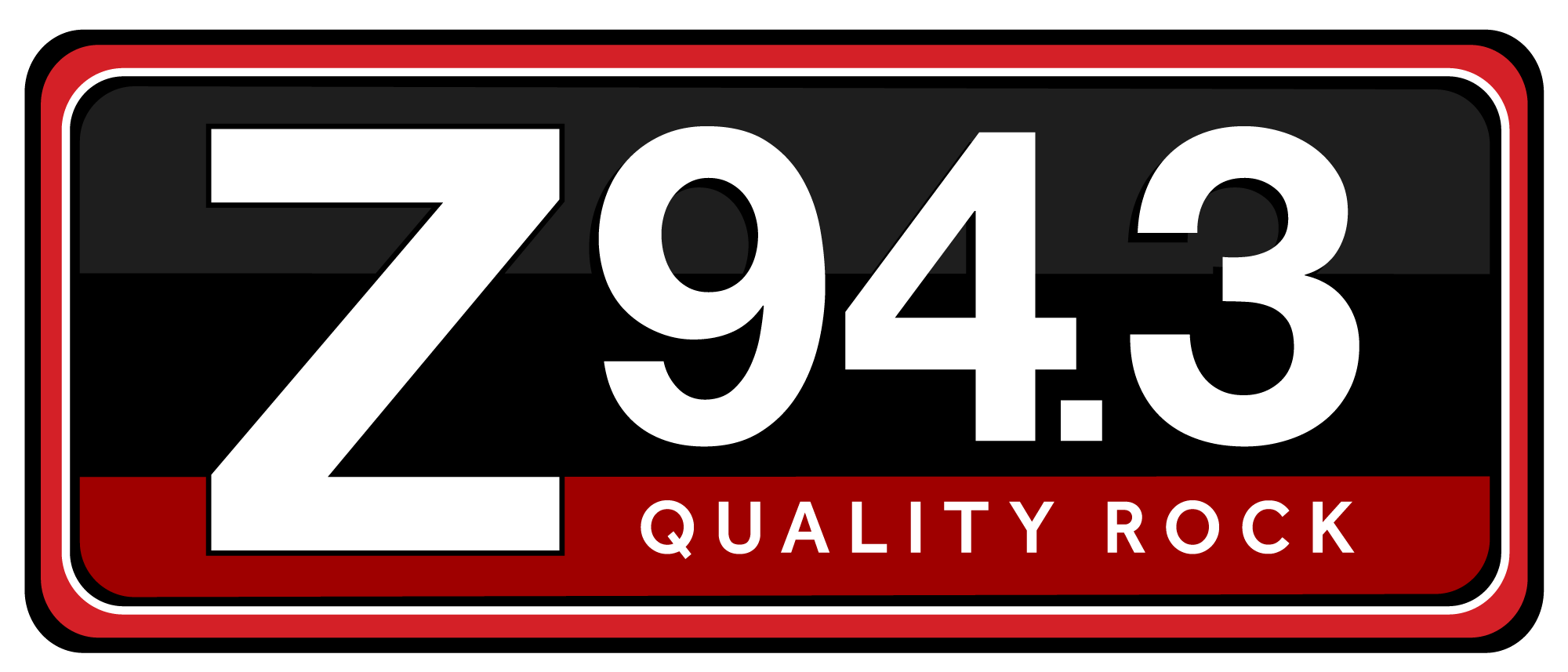Though the Police formed in 1977, a large majority of their influence on rock n’ roll and music in general was capitalized in the 80s with their progressive rock and new wave sound, punctuated by lead singer Sting’s vocals. Let’s take a deep dive into more of what made the Police a runaway success:
- The band began as a punk outfit until Andy Summers joined closer to the 80s. The band honed their sound a bit more to be complex progressive rock
- Believe it or not, most of their songs were written separately, with each member bringing in demos to the studio. As it turned out, the songs written mostly by Sting seemed to be the hitmakers. Summers and Copeland didn’t have a problem with this at first because working up the songs was still a team effort. Toward the end though, they felt that Sting was dismissive of their contributions, insisting on doing everything his way
- The band started making videos right away, starting with some tracks from their first album, Outlandos d’Amour, in 1978. Their earliest videos were mostly performance footage or shots of the band in exotic locations just hanging out in interesting locations, but as they got more successful, their video budgets grew and they became more conceptual. When MTV went on the air in 1981, the network played many of these videos since many bands hadn’t yet adopted the music video craze. As it turned out, The Police had more rotations of videos on MTV than anyone else, except for the runaway hits from Michael Jackson in the 80s
- Their manager, Miles Copeland chose their first three album titles: “Outlandos d’Amour” is French for “Outlaws of Love”; “Reggatta de Blanc” is “White Reggae”; and “Zenyatta Mondatta” is just fun to say
- For their next two albums, Sting imposed his will and came up with highbrow concept titles based on psychology: Ghost in the Machine, titled after an Arthur Koestler book; and Synchronicity, after Carl Jung’s book
- “Ambition is stronger than friendship,” Sting told Phil Sutcliffe, the journalist who introduced him to Police drummer Stewart Copeland in 1976. Sting was in a group called Last Exit; Copeland was part of a progressive rock outfit called Curved Air. “As long as the group is useful for my career I’ll stay,” said Sting. “When it isn’t I’ll drop it like a stone.” The group began to crumble in 1984 when they took time off following their tour for Synchronicity. They returned in 1986 to play three Amnesty International benefit concerts but plans for an album were scrapped. The next time they worked together was 2007, when they reunited for a successful, but contentious tour that lasted over a year
See omnystudio.com/listener for privacy information.



